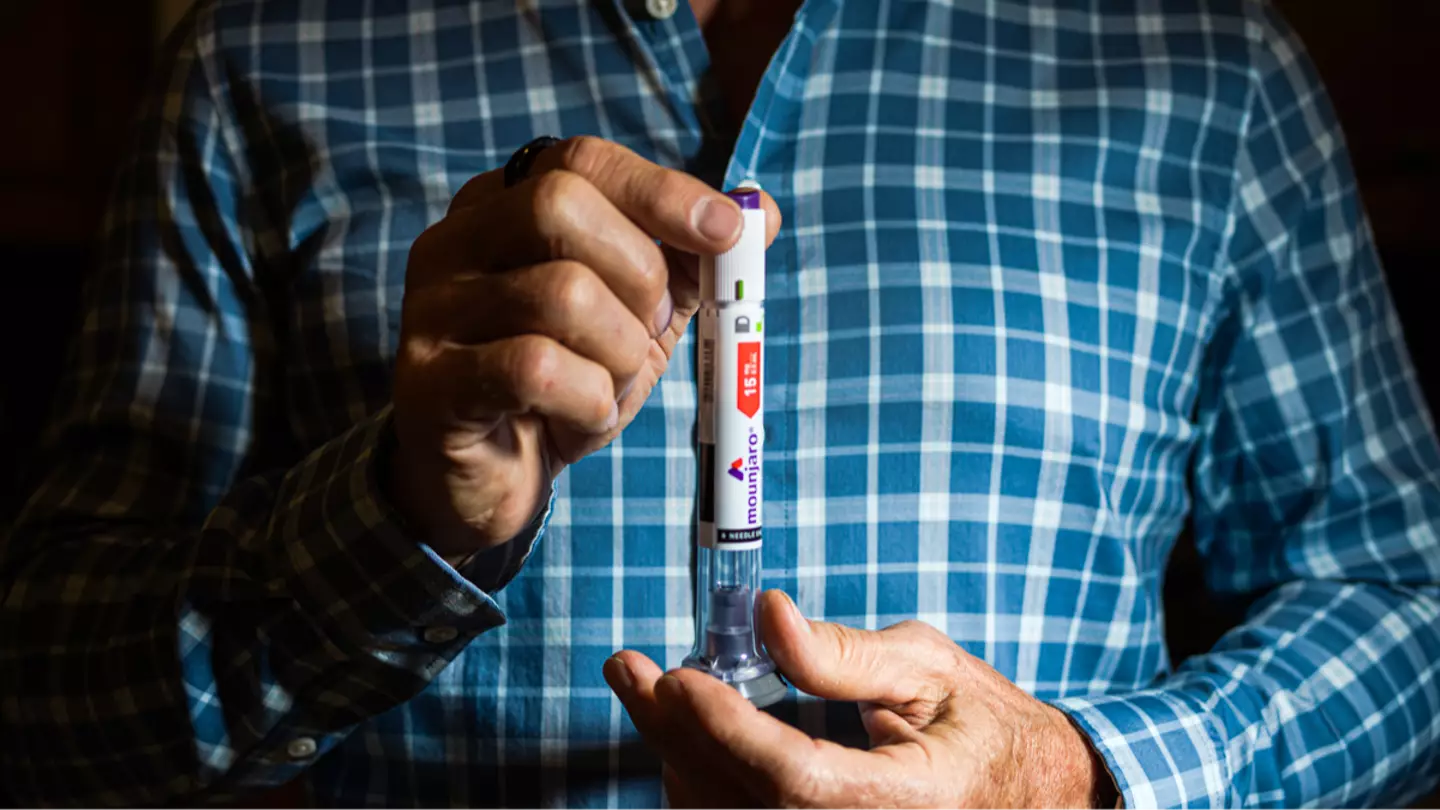
A doctor who tried weight loss injections has revealed the uncomfortable side effect he suffered.
Many GLP-1 drugs on the market are geared to help treat people with type two diabetes, supporting them to manage their blood sugar levels.
Yet while some are reserved for diabetic patients, types of GLP-1 drugs like Mounjaro have also been prescribed for people who are hoping to shed a few pounds as it works to suppress appetite.
However, that's not to say the drugs are completely risk-free as one doctor found out when he put the weight loss jabs to the test himself.
Advert
Dr David A. Kessler enjoyed a long career in public health, including almost a decade as Commissioner of the Food and Drug Administration in the 1990s and two years as chief science officer of the White House Covid-19 Response Team, but had battled with his weight since college.

The doc admits while he knows how to promote a healthy lifestyle, he didn't always practice what he preached in medical school, turning to French fries and salted roast beef to keep him studying throughout the night.
Kessler said he gained 20 or 40 pounds in a short time frame but slowly lost it, often by turning to an extreme low-carb, high-protein diet with regular exercise.
Yet it all crept back on and his prior regimen no longer worked - so he decided to put the new class of 'fat loss jabs' to the test.
In his new book Diet, Drugs, and Dopamine: The New Science of Achieving a Healthy Weight, the doctor revealed he shed a whopping 60 pounds within seven months of the injections, but has warned there was at least one uncomfortable side effect to the plan.
Speaking to NPR, he said GLP-1 drugs are great at teaching users how to eat, increasing the feeling of satiety and making you feel full after a small meal.

However, he said that feeling of fullness can be uncomfortable, describing it as like being 'at the edge of nausea.'
Pushing through the pain only makes matters worse, he continued, as users expose themselves to issues like abdominal pain, diarrhoea and vomiting or even hypoglycaemia which can require emergency hospital treatment.
But he suggests this is all a part of how it works, explaining further: "If you know that if you put anything else in that stomach that's going to cause distress, you become conditioned to not to put more food in your stomach."
Kessler also said he believes drugmakers and the FDA should educate consumers about the potential risks, adding: "I don't think the companies have leveled with the American public on how these drugs work."
"The companies and the FDA, no one's identified an endgame with these drugs," he continued, describing how there is little guidance available to help patients come off the drugs and maintain their new healthy weight.
Still, he says GLP-1 drugs for shredding off the pounds have 'changed the landscape of weight loss' and while they fall short at tackling the 'root cause' of obesity, they are 'effective tools' in the interim.